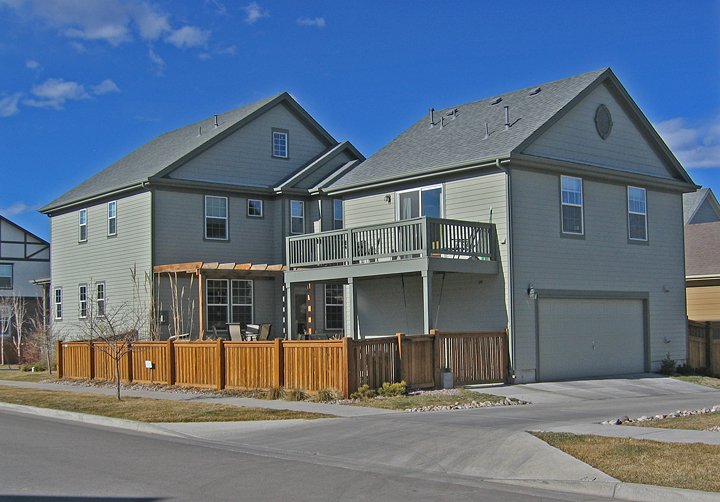The most progressive accessory dwelling unit (ADU) bill ever introduced in a state legislature died this week. As originally proposed, Washington’s ADU bill—HB 1797 and SB 5812—removed all of the big policy barriers that make it hard for homeowners to add a backyard cottage, mother-in-law suite, or basement apartment to their property. The bill would have replicated and even improved on laws recently passed in California and Oregon that opened up neighborhoods statewide to this modest type of home, with impressive results for climate and affordability.
But legislators watered down the bill until it was barely recognizable. Statewide, all but about 20 small cities would have been exempt from taking any action. Even the handful of non-exempt cities could have adopted only trivial code tweaks, leaving all of the worst ADU barriers intact. After a long run, the bill finally died on Wednesday.
The original bill would have eliminated off-street parking quotas, anti-renter “owner occupancy” requirements, and disproportionate impact and utility connection fees in cities with more than 2,500 people. It would also have permitted two ADUs on most lots and liberalized ADU size, design, and placement rules. Based on what other jurisdictions have seen, the potential to unleash ADU production, and create more affordable and green housing choices to meet diverse housing needs, was immense.
For now, many Washingtonians hoping to build accessory dwellings will remain frustrated by the gauntlet of restrictive rules most cities impose. But the bill was part of a bigger victory in Olympia this year: it helped spark a new conversation about the legislature’s role in providing leadership to end the statewide housing shortage. That conversation, along with a new ADU bill, will be back in the 2020 session.


Comments are closed.